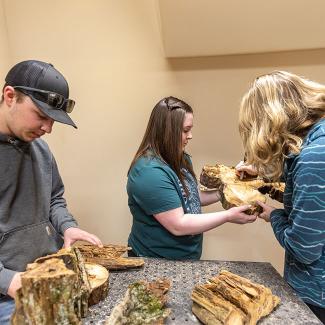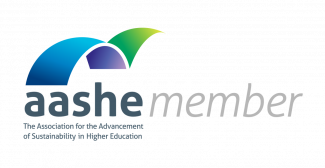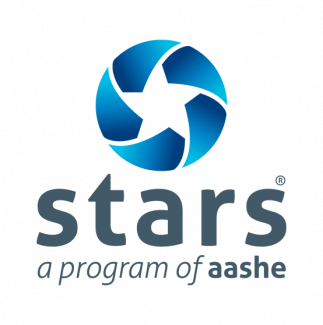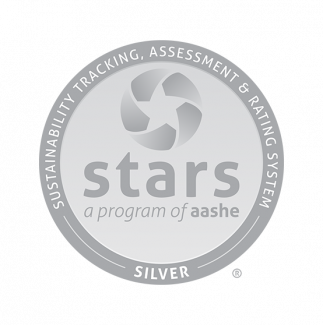What you'll learn studying Environmental Sciences and Society at UW-Platteville
If you’re passionate about the environment, and desire to pursue a career path that meets your values and goals, we will provide you with the knowledge and skill you need to go where you want to go.
The University of Wisconsin-Platteville’s Department of Environmental Sciences and Society offers an exciting curriculum, where you will develop an understanding of the world around you while building practical skills to prepare you for your future career. Infused throughout the curriculum, you will learn culturally-relevant land stewardship and conservation practices that have been used for generations to care for the land in the Driftless Region. What’s more, through the newly established Helios Integrated Liberal Education program, you will structure your full program of study to explore environment and sustainability from multiple angles to prepare you for engaged work in an increasingly multicultural world.
In our department, we cultivate a sense of belonging and connectedness that you will experience while learning in the classroom, doing research and field work, and participating in student clubs and organizations. You will learn from dedicated faculty who have extensive experience as educators, researchers, and leaders in the fields of environmental science, geography, conservation, sustainability, and more. This all comes together to create a supportive environment where you can expand your knowledge, take intellectual risks, grow personally and professionally, and establish a professional network to launch your career.
We offer two bachelor degree programs: Bachelor of Science in Science Education and Bachelor of Science in Environmental Science and Conservation.
You can also choose from five minor programs to enhance and enrich your chosen academic major. We offer minors in environmental science, geographic information systems, geography, natural science, and social and environmental justice.
Learn in a living classroom
At UW-Platteville, you will learn inside and outside of the classroom. Our campus is a living laboratory with native prairies, an emerging oak savanna, a student-run edible garden, a rolling solar field that produces 20% of campus electricity, and the spectacular 90-acre Platte Mound that supports an old-growth sugar maple forest where students transform sap to syrup over an open fire in our spring sugar bush. Through the heart of it all runs the Rountree Branch of the Little Platte River, a class 1 trout stream. Campus is a living laboratory that provides transformative learning spaces.
Your curriculum will include hands on training in land stewardship practices by tending to the campus lands and local community. You will have opportunities to earn professional wildland fire fighter credentials while helping conduct prescribed burns that contribute to the stewardship of campus lands and support the university’s commitment to sustainability. Prescribed burns help to keep campus prairies and savannas in good health by promoting growth of native plant species while clearing invasive species.

Discover by doing
Students studying environmental science and society at UW-Platteville learn both inside the classroom and through experiential opportunities such as internships, research, and university events. Whether you are pursuing a major, minor, or certificate in this field, hands-on learning will supplement your regular coursework to help prepare you for post-graduation career success.
Conduct Authentic Research
Undergraduate research and mentoring is integrated throughout the curriculum, helping you gain authentic research experience. You will learn how to observe, analyze, examine, and collaborate, as you develop skills that you can utilize in graduate school or your professional career. Many students present their work at regional and international conferences.
As an undergraduate, you can conduct research in UW-Platteville’s nationally-recognized Tree-Ring, Earth, and Environmental Sciences Laboratory (TREES Lab), where faculty, staff, and students collaboratively integrate teaching and research to answer questions about past environments that shape understanding of current and future environmental change and the integral role of people in shaping that change.
Create Environmental Solutions
Gain the skills and knowledge you need to make positive change to benefit local communities. As a student in the environmental sciences and society department you will examine how social disparities intersect with environmental issues, and learn how to develop community-based solutions to environmental challenges.
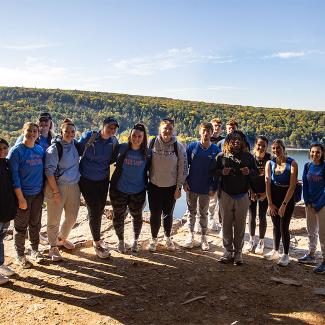
Field Trips
Field trips are a critical part of learning in the environmental sciences. Field trips offer a one-of-a-kind opportunity to apply coursework to real life experiences; these trips are not designed to be vacations, but immersive, hands-on experiences that will complement and expand upon classroom lessons. Of course, you’ll probably have a little fun, too.

Develop Marketable Career Skills
When you choose a major in the environmental sciences and society department, your degree will prepare you for a successful career in fields that include environmental science, reclamation, conservation, sustainability, and geographic information systems.

